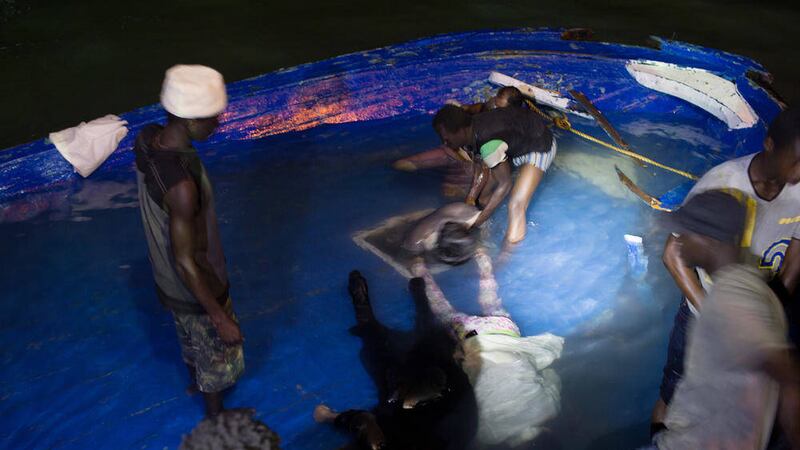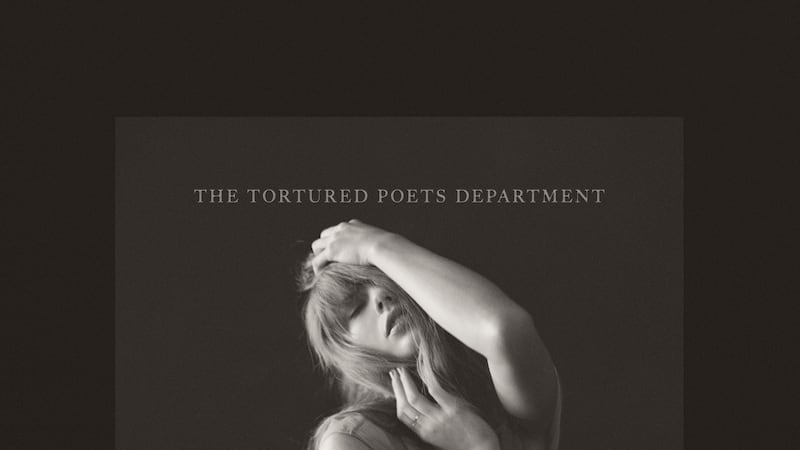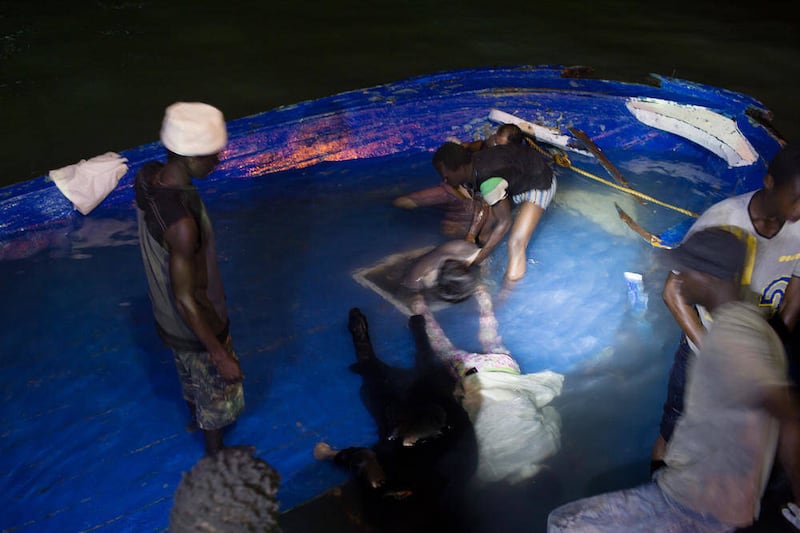GO mbeannaí Dia daoibh agus bhur gcéad fáilte isteach chuig The Bluffer’s Guide to Irish.
The Bluffer has a great day yesterday, going to the spórtlann - gym, then having a great (low-calorie) breakfast while i mbun comhrá - in conversation with some friends about nuachtáin an Domhnaigh - the Sunday papers. Then, back home to watch the Dublin vs Mayo game.
Still feeling fresh, he got the house tidied with Lady Gaga (Poker Face) and Wild Cherry’s Play that Funky Music amongst the toons blasting away in the background.
But through it all, he couldn’t get some images out of his head - na leanaí ar an trá - the children on the beach. Not the usual ones of kids building caisleáin gainimh - sand castles
and runnng away from the tonnta - waves,
These children were dead, having drowned as their parents tried to take them across an Mheánmhuir - the Miditerranean and away from na huafáis - the horrors in their own countries. The tide had returned these c0hildren to their home shores.
There is some debate about the language used in the media to describe the people who are putting their own lives and the lives of their children in mortal danger by taking the hazardous journey from Syria and Libya and other places to mainland Europe.
Imircigh - “migrants” is the normal description used as if they were jobseekers looking for obair - work in another country.
However, many would see these unfortunate people as teifigh - refugees, a word which comes from the verb teith - to flee and if you have no idea what they are fleeing from, then you should watch a video made by Save the Children.
Entitled If Surrey were Syria, it used actors and simulated scenes from the cogadh cathartha - the civil war or call it what you will, in Syria but the scenes are too common in other places too. The public weren’t informed about what was going on and it is fascinating to see how they react.
How would you react if you took your children to school to find it closed and covered in barbed wire? It would be too contúirteach - dangerous for them to attend as grúpaí armtha - armed groups were roaming the streets?
Or if you went into an almost-empty shop to be told you had to be on a list to get milk and that because supplies were short, a can of juice was £8.20.
Or if you saw an otharcharr - an ambulance with a sick child being rushing it hospital being stopped at a blockade and not allowed through.
According to Save the Children’s chief executive Justin Forsyth, a tiny fraction of Syrian refugees make it to Europe.”
“The poorest, the sick and the elderly remain under siege, barrel-bombed, gassed and shot, starved of food and medicine.”
This is why the people trying to escape across the Mediterranean are refugees and not “migrants” but even then, they are at the mercy of smuigléirí - smugglers who don’t care if they live or die.
Surely, we are better than that??



